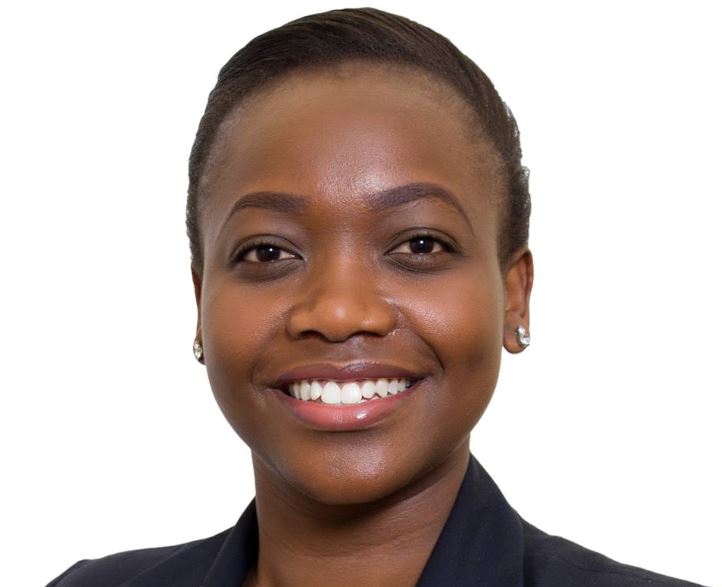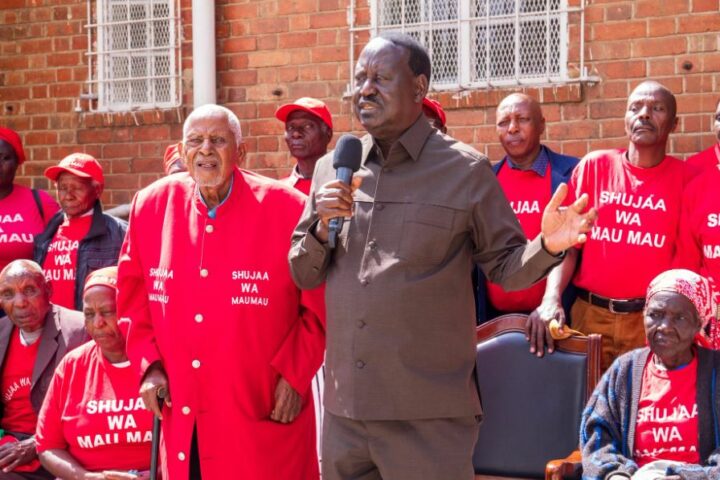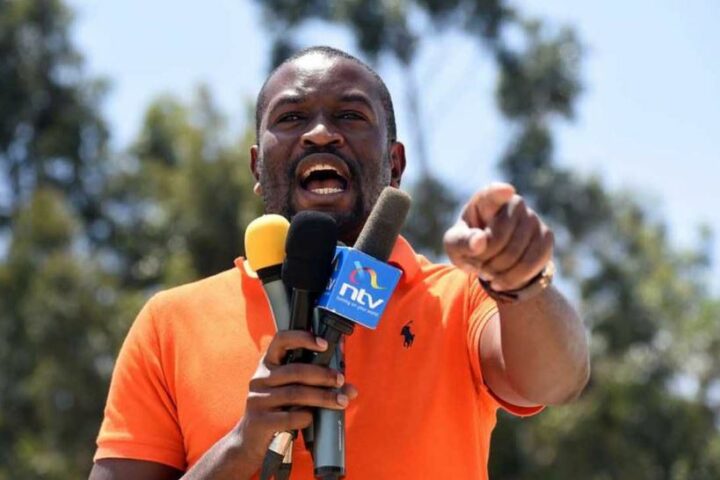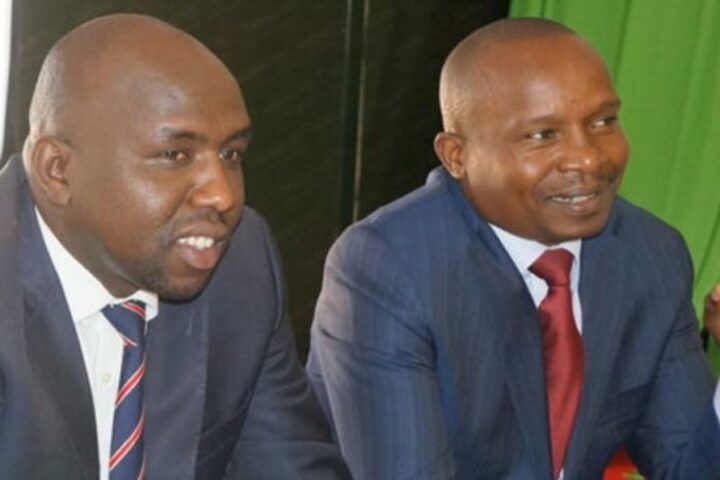 Hazel Okoth is the lead Intellectual Property Counsel at Gikera and Vadgama Advocates. She doubles up a human resources expert and a lawyer whose area of expertise is real estate law and commercial law.
Hazel Okoth is the lead Intellectual Property Counsel at Gikera and Vadgama Advocates. She doubles up a human resources expert and a lawyer whose area of expertise is real estate law and commercial law.
She holds a Law degree from the University of Nairobi and a Post Graduate Diploma from the Kenya School of Law. Okoth also holds a Higher Diploma from the Institute of Human Resource Management.
In an interview with Nation, she talked about intellectual property and why IP rights are important in Kenya’s growing economy.
What is intellectual property?
In the very basic sense, intellectual property is the intangible property created by an individual using their intelligence. IP is divided into different categories based on what the creation relates to, what it looks like and its functionality. There are industrial property rights which include trademarks, industrial designs, utility models and patents. People’s intellectual properties are protected under one or more of these categories.
Why did you choose to focus on intellectual property law?
Because it allows me to interact with creatives and professionals in specialised backgrounds while helping them protect and monetise their creative works. I am able to connect with and learn from different people and entities both nationally and internationally.
There is so much innovation and creation in the world at the moment as we move towards innovation-based economies. The fourth industrial revolution is already upon us, and new technological inventions are fundamentally changing the way we live, work and relate with each other. There is so much energy and promise for an intellectual property lawyer and as a young person, I thrive best in fast-paced environments.
What is your role as an IP lawyer?
First of all, I advise my clients on what protection entails depending on their specific creations, and the requirements applicable. I also apply for protective rights on behalf of my clients, and then follow up until they get a certificate of registration from the relevant body.
Where the client’s rights have been violated, for instance, if their idea is being used without their consent or through imitation, I help them get compensation. Also, I do IP audits where I help clients come up with IP protection strategies.
What is the difference between a copyright, a trademark and a patent?
A copyright provides for exclusive publication and distribution of artistic, literary, musical, film, video and photography works, while a trademark is that distinctive mark that differentiates one brand from another. Patents are for new inventions, and their requirements are quite stringent because the owner has to prove that the idea is fresh, unique and practical.
Why is it important for young people to understand their IP rights?
IP is one of the biggest and most valuable assets to any brand. Sales for multinationals such as Apple are driven mainly by the name of their brands. A brand is a key asset to monetising one’s business. Protecting your idea, therefore, gives you exclusive rights to use it on a commercial scale. Anyone else who wishes to use your idea has to obtain consent from you, and that attracts commercial value.
How does the IP landscape in Kenya compare to other countries in the world?
Kenya is on an upward trajectory in terms of inventions. However, we need to put in place incentives that will encourage Kenyans to innovate even more. A supportive environment will elevate us to the level of Asia, Europe and America, where the bulk of new inventions occur.
Creatives are well protected by the Kenyan law. When you make an invention, you are issued with a certificate to prove that you own it. The law also spells out measures to be taken against people who infringe on the IP rights of others.
What are some of the emerging issues in this field?
Infringement of IP rights is a major concern globally. When a consumer buys counterfeit products so as to enjoy a discount, it negatively affects the owner of the authentic brand while benefiting the imitator. This can bring down companies. Brand owners should be well protected.
Any recommendations on how to enhance this knowledge among creatives?
Based on the number of applications for IP rights received by the Kenya Industrial Property Institute (KIPI), more and more Kenyans are becoming aware of the need to protect their ideas. Young people need to understand the importance of protecting their inventions through obtaining IP rights. There is need for more education around this subject.
If you could restart your professional journey, what would you do differently?
I would listen to professionals in similar roles to tap into their experience and to gain more insight. I would also read and research more to have a better understanding of this field.
Talk to young creatives in the country.
Your idea is a business opportunity. Remember to protect it so as to preserve and maintain its value.
Courtesy: Nation.co.ke






